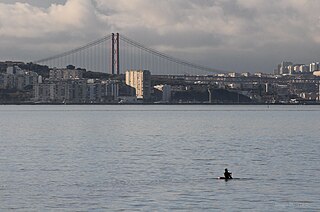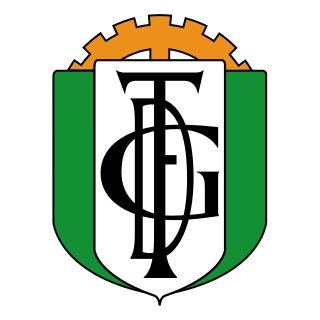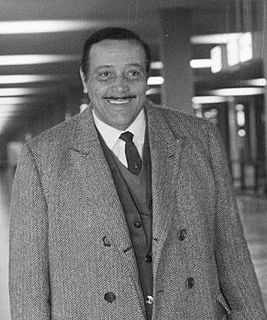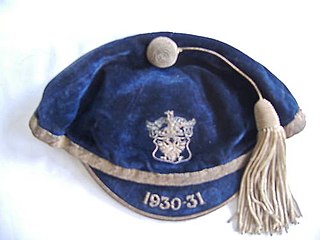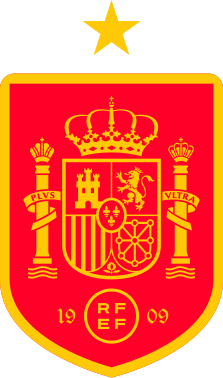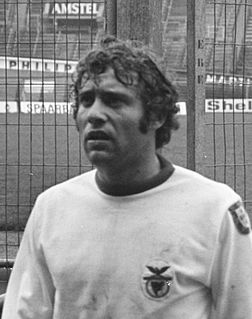| Personal information | |||
|---|---|---|---|
| Full name | Arsénio Trindade Duarte | ||
| Date of birth | 16 October 1925 | ||
| Place of birth | Barreiro, Portugal | ||
| Date of death | 11 February 1986 (aged 60) | ||
| Height | 1.71 m (5 ft 7 in) | ||
| Playing position | Forward | ||
| Youth career | |||
| Barreirense | |||
| Senior career* | |||
| Years | Team | Apps | (Gls) |
| 1942–1943 | Barreirense | ||
| 1943–1955 | Benfica | 224 | (152) |
| 1955–1959 | CUF | 89 | (59) |
| 1959–1960 | Montijo | ||
| 1960–1962 | Cova da Piedade | ||
| 1962–1963 | Monte da Caparica | ||
| National team | |||
| 1950 | Portugal | 2 | (0) |
| * Senior club appearances and goals counted for the domestic league only | |||
Arsénio Trindade Duarte (16 October 1925 – 11 February 1986), simply known as Arsénio, was a Portuguese footballer who played as a forward.

Association football, more commonly known as football or soccer, is a team sport played with a spherical ball between two teams of eleven players. It is played by 250 million players in over 200 countries and dependencies, making it the world's most popular sport. The game is played on a rectangular field called a pitch with a goal at each end. The object of the game is to score by moving the ball beyond the goal line into the opposing goal.

Forwards are the players on an association football team who play nearest to the opposing team's goal, and are therefore most responsible for scoring goals.
Contents
He amassed Primeira Liga totals of 313 games and 211 goals during 16 seasons, most notably at Benfica.

The Primeira Liga, also known as Liga NOS for sponsorship reasons, is the top professional association football division of the Portuguese football league system. It is organised and supervised by the Liga Portuguesa de Futebol Profissional. As of the 2014–15 season, the Primeira Liga is contested by 18 teams, with the two lowest placed teams relegated to the Segunda Liga and replaced by the top-two non-reserve teams from this division (except in the 2018–19 season in which the three lowest placed teams are relegated to the Segunda Liga due to the integration in the Primeira Liga of Gil Vicente in the next season. However, the Portuguese Football Federation appealed to proceed with this integration as soon as possible.

Sport Lisboa e BenficaComC MHIH OM, commonly known as Benfica, is a sports club based in Lisbon, Portugal. It is best known for the professional football team playing in the Primeira Liga, the top flight of the Portuguese football league system, where they are the most successful club in terms of titles won.
